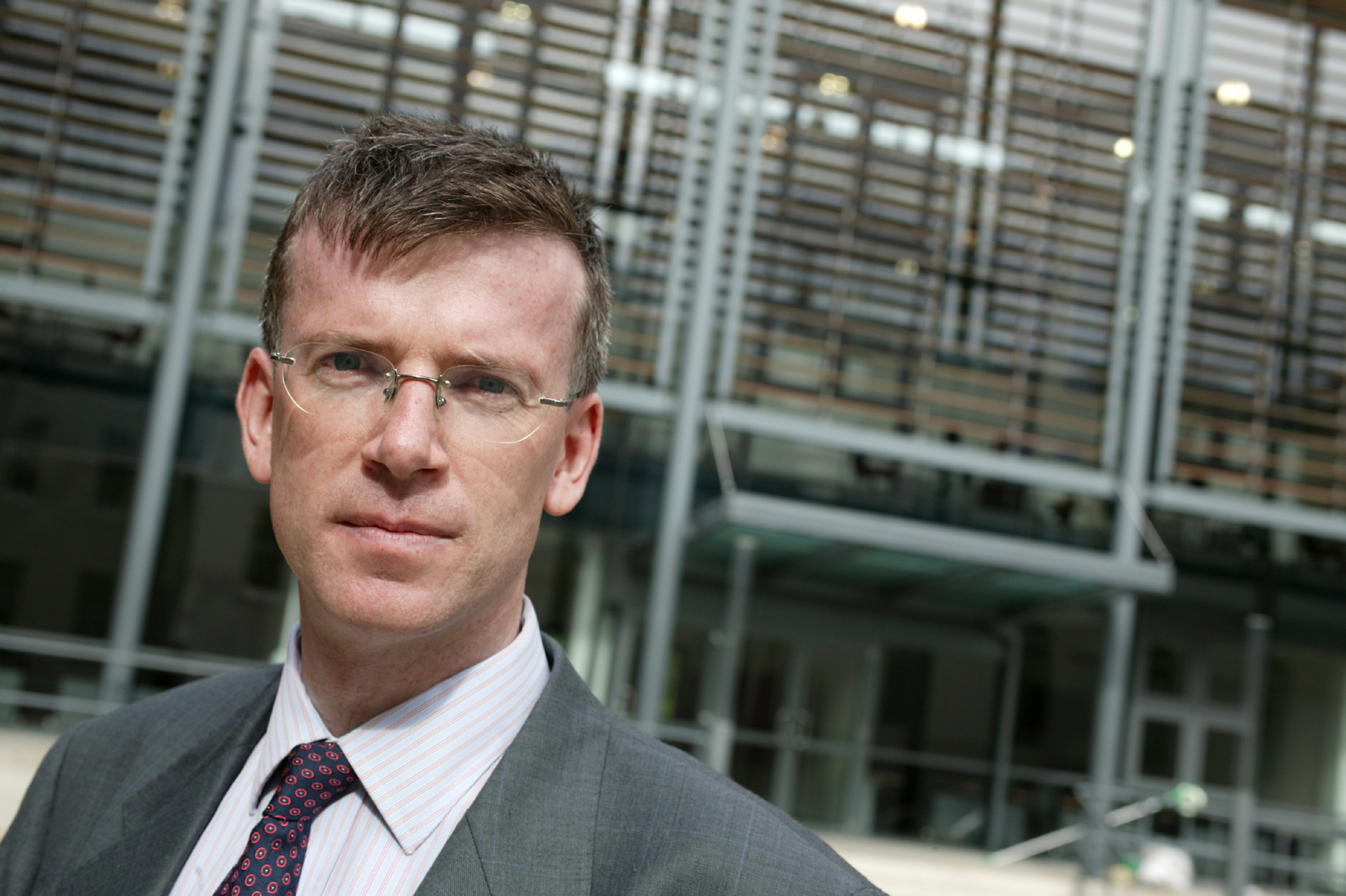
An important feature of the COVID-19 pandemic is how it has accelerated and intensified trends in the global economy that were already underway. These trends present both challenges and opportunities for policy makers and societies, as governments around the world seek to rebuild their economies.
In Europe, the EU’s €750 billion Next Generation EU package aims to make European economies and societies better prepared for sustainable recovery, while President Biden has proposed $4 trillion in new spending on infrastructure and expanding the social safety net. In Ireland, the government’s recently published Economic Recovery Plan aims to promote sustainable and balanced growth, cognisant of pre-existing challenges, many of which have been exacerbated by the pandemic.
A world awash in savings
For starters, over the past few decades, but especially since the Global Finance Crisis in 2008/2009, the global economy has struggled to absorb all the savings squirreled away by households, businesses and some governments. Previously, banks and other financial institutions – whose business it is to recycle savings – had little difficulty in finding borrowers to lend to, even when interest rates were relatively high. With a strong appetite for borrowing, global savings were comfortably absorbed and used to finance investment in new plant, equipment, residential property and infrastructure.
Several reasons have been put forward to explain the weakness of investment, including population ageing, pessimism amongst businesses regarding future demand, a rise in economic uncertainty, slower productivity growth, and an increasing share of (less capital-intensive) services in the economy. In addition, as former U.S. Treasury secretary Larry Summers points out, the amount of savings required to buy a given amount of capital goods has fallen sharply as the relative price of capital goods, especially ICT equipment, has dropped.
Meanwhile, several factors have combined to increase savings over recent decades, including rising income inequality, growing corporate profits, precautionary savings as a result of uncertainty about future income growth, high savings rates in some fast-growing Asian economies, and changes in financial regulation.
The combination of rising savings and weak investment demand has pushed down long-term real (that is, inflation adjusted) interest rates in advanced economies over the past few decades. Recently, extensive bond-buying programmes implemented by central banks in response to the pandemic have driven interest rates and borrowing costs even lower.
As a result, household saving rates have reached new highs in many countries. These so-called “forced savings” have swelled households’ bank deposits to record-high levels. Banks deposits of businesses have also jumped, as many firms postponed investment decisions amid heightened economic uncertainty.
By some estimates, there are around €380 billion in excess bank deposits (over and above the level that is likely to have prevailed without the pandemic) in the euro area. In Ireland, households’ bank deposits surged by €20 billion to €132 billion in May 2021 from their pre-pandemic levels. Businesses’ bank deposits rose €14 billion over the same period.
How will the world economy absorb this glut of global savings? Most economists expect consumer spending to boom as the pandemic fades and economies open up, leading to some unwinding of the extraordinary levels of savings. In addition, governments in many countries are planning to run large budget deficits in coming years, in part to fund significant expansions in spending on infrastructure, so that higher public investment is expected to pick up the slack for sluggish private investment.

Green and digital transitions
The twin decarbonisation and digitalisation transitions have become priorities for global leaders as we emerge from the pandemic. At least 37% of the EU recovery package will be spent on climate actions, while a minimum of 20% will finance digital investments and reforms. Similarly a priority of President Biden’s American Jobs Plan is to tackle climate change, while $100 billion is earmarked for revitalising America’s digital infrastructure.
In Ireland, the Economic Recovery Plan commits to major increases in investment in areas such as energy efficiency. Such investment will be necessary if the country is to meet its goal of an average 7% reduction per annum in greenhouse gas emissions over the next decade.
Moreover, the pandemic has accelerated the move to online and digital services, remote working and automation. A key focus of the Economic Recovery Plan is on assisting and incentivising small- and medium-sized enterprises to harness digital technologies to transform their business processes and increase competitiveness. The Plan also recognises that remote working arrangements have the potential to increase productivity, as well as providing access to a broader pool of talent and promoting staff retention. It is interesting that in the latest National Remote Working Survey, researchers from the Whitaker Institute at NUI Galway and the Western Development Commission found that, among those who could work remotely, 95% were in favour of working remotely on an on-going basis to some extent.
Inequality
Income inequality has risen sharply over the past few decades in most advanced economies. The pandemic has worsened this inequality, given its disproportionately large impact on those who work in contact-intensive sectors, in food and accommodation, for example, many of whom are on lower pay and are younger workers. Widening inequality in incomes risks increasingly polarised politics, lack of social cohesion and resort to populist policies. There is an onus on governments, therefore, to ensure that economic recovery is fair and inclusive and that the decarbonisation and digital transitions provide opportunities for all citizens.
Role of universities in building an innovative knowledge economy
Universities have a pivotal role to play in helping societies to address the challenges and seize the opportunities associated with these major trends. Most employment growth over the last decade or so has been in high skilled occupations and knowledge intensive sectors. We know that investing in people to build human capital – the potential of individuals – is the best way to prepare people for the opportunities arising from the green and digital transitions.
Now more than ever, the contribution of our universities through knowledge and skills development, research and innovation will play a decisive role in determining the future prosperity and well-being of all our citizens.
Profiles
Director of the Whitaker Institute and Professor of Economics and at the National University of Ireland, Galway. He currently serves as Economic Adviser to Taoiseach Micheál Martin.